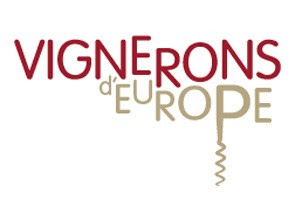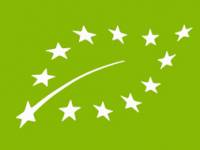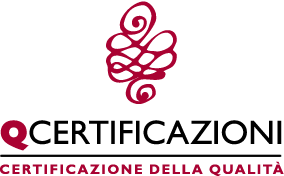The organic choice
Our organic choice was born a long time ago, dictated by the acquired awareness of the role that the farmer plays: the farmer is the custodian of a territory that he uses but that he does not have to abuse it, a land that he models and protects, able to think about the future and a lasting productivity for himself and his children respecting the environment and the health of its employees and consumers.
The organic certification (QCertificazioni) can be considered a goal achieved but even more a point of passage to go “beyond”, in the constant search for a sustainable and natural productivity.
Beyond Organic
The knowledge gained with the direct experimentation in the field and with the close collaboration with the Experimental Station (SPEVIS) has brought us well beyond the simple “organic” concept
• Never using synthetic molecules or GMOs (ORGANIC VITICULTURE)
• Respecting the priority of the soil and the indivisibility of the systems (BIODYNAMIC VITICULTURE)
• Working exclusively with our own grapes trying to enhance the territoriality of wine (TERRITORIAL VITICULTURE)
• Developing an efficient system from all points of view (SUSTAINABLE VITICULTURE)
• Reducing all actions to the minimum necessary, adopting the “do not” philosophy whenever possible (NATURAL VITICULTURE)
• Managing the defense of pathogens according to a territorial vision, Panzano is the first example (BIODISTRETTI)
These are some examples of what is more important to us today, more and more aware that the “how” is sometimes more important than the “what”!
Here we report the “Manifesto of” Vignerons d’Europe 2009 ” written in Montecatini and to which I have personally contributed. About ten years after its preparation I still believe in these principles as the foundation of my production philosophy. (Luca Orsini)
“Vignerons d’Europe 2009” Manifesto
 The winemaker personally takes care of the vineyard, the cellar and the sale
The winemaker personally takes care of the vineyard, the cellar and the sale
The wine of the winemaker is alive, it gives pleasure, it is the son of his territory and of his thoughts. It is authentic expression of a culture.
The winemaker considers the consumer a co-producer.
The winemaker preserves and shapes the landscape respecting the biodiversity and culture of his territory. He tells about it and enriches it.
The winemaker as a farmer assumes responsibility for preserving and improving soil fertility and ecosystem balance.
The winemaker is committed to renouncing the use of artificial and synthetic molecules and organisms with the aim of protecting the living beings.
The winemaker governs the limit in all his commitments looking for the best, never the maximum.
The winemaker takes responsibility for his activities in respect of the environment, the health of the consumer and the destiny of his community and of the land.
The winemaker is committed to creating and nurturing relationships with other winemakers, farmers, food producers, cooks, universities and research institutes, educators and citizens in their own community and in the world.
The winemaker practices transparency: he says what he does and does what he says.
The Vignerons d’Europe gathered in Florence ask the national and European authorities not to hinder their work with regulations suited to the industry but not to their particularities.


